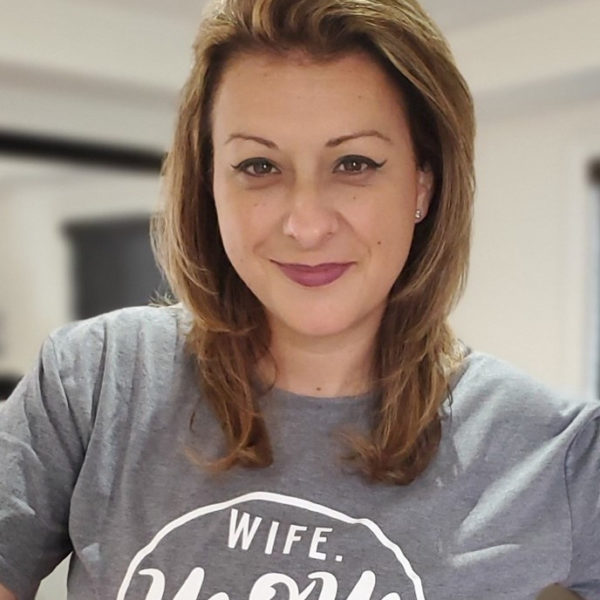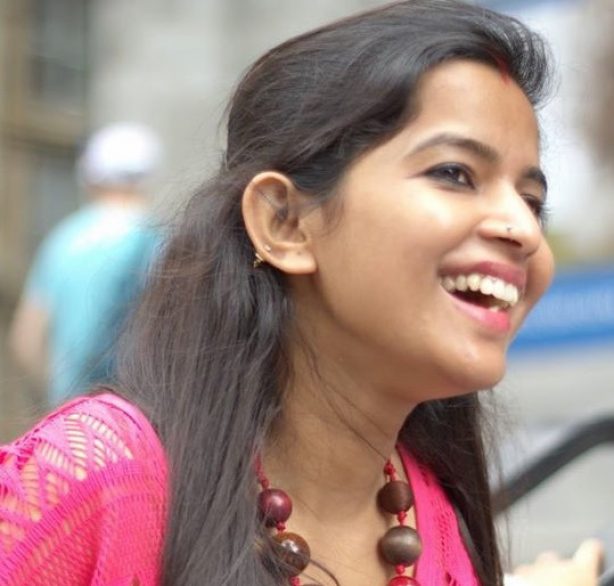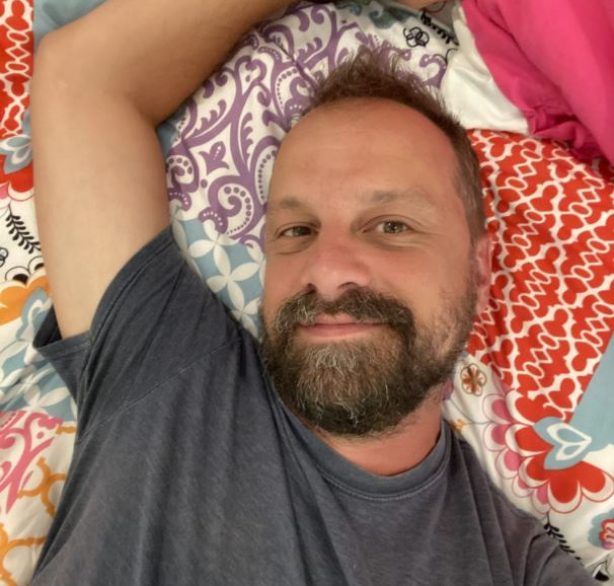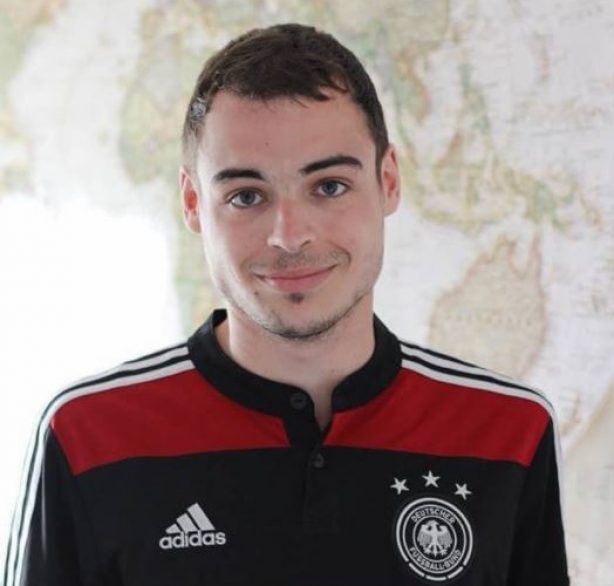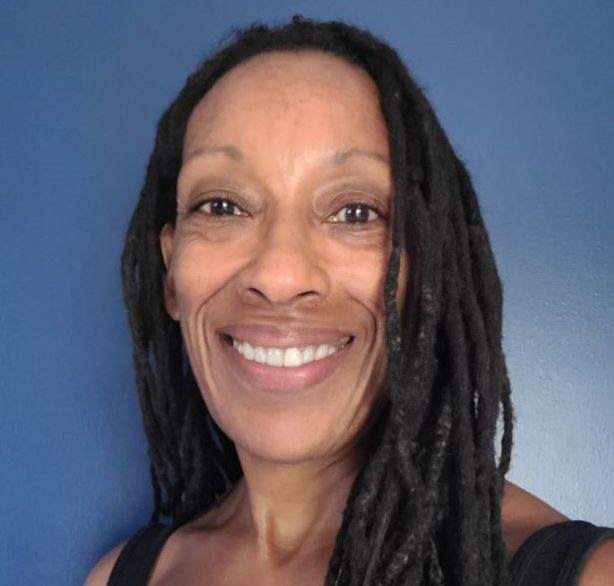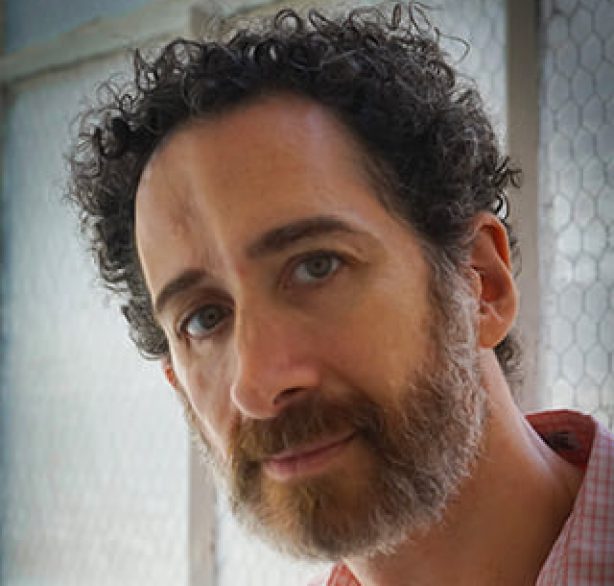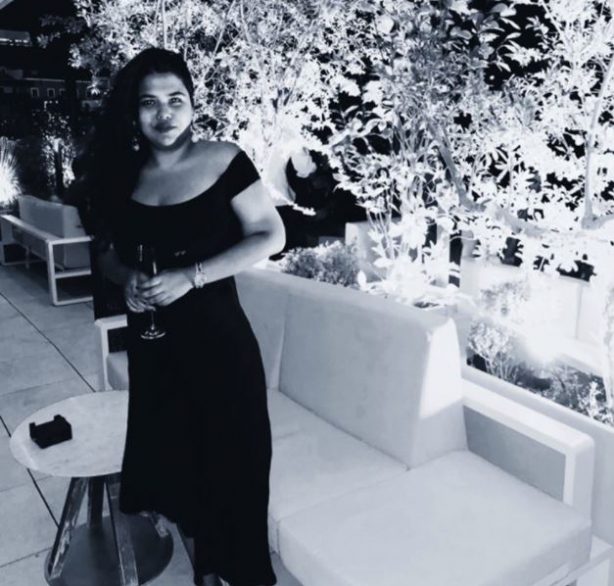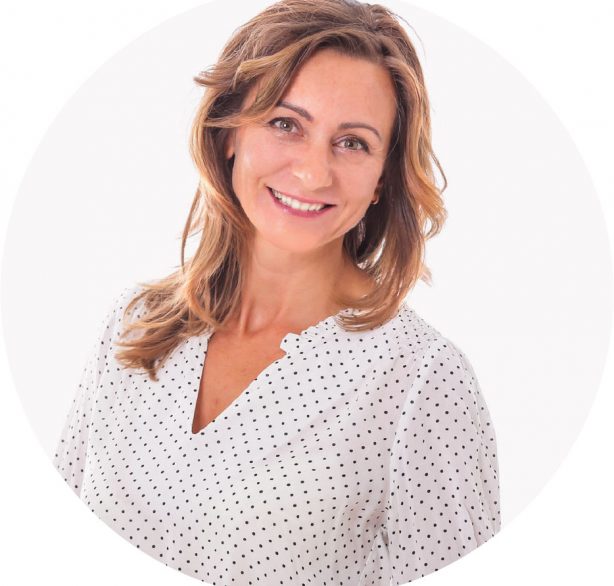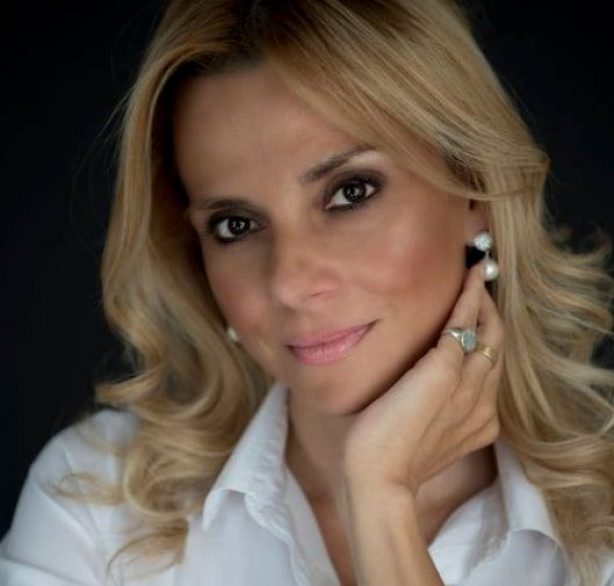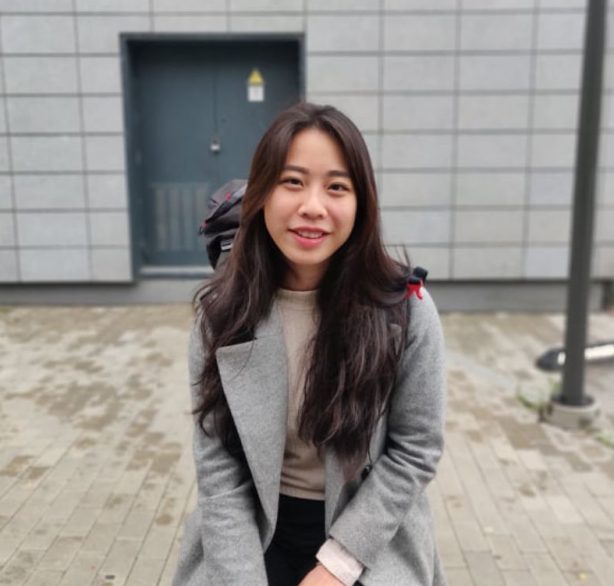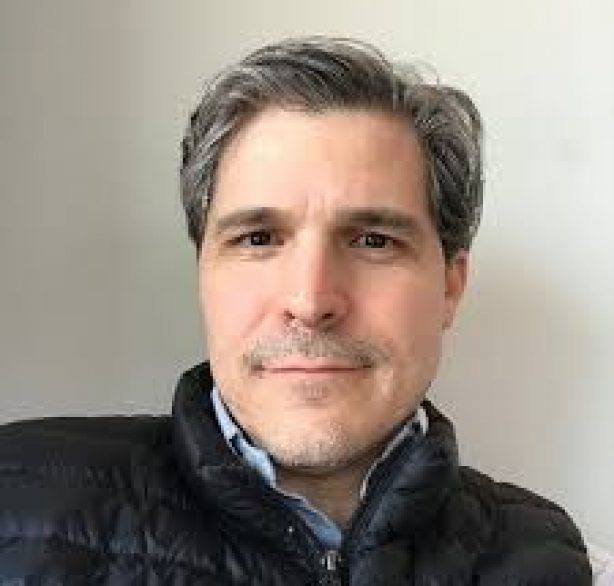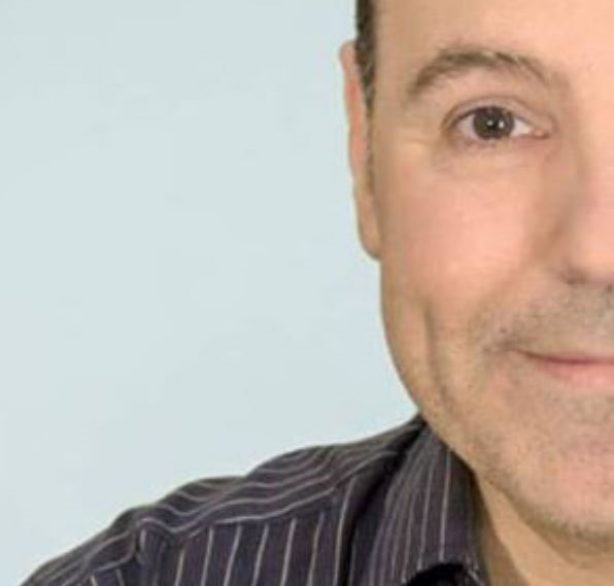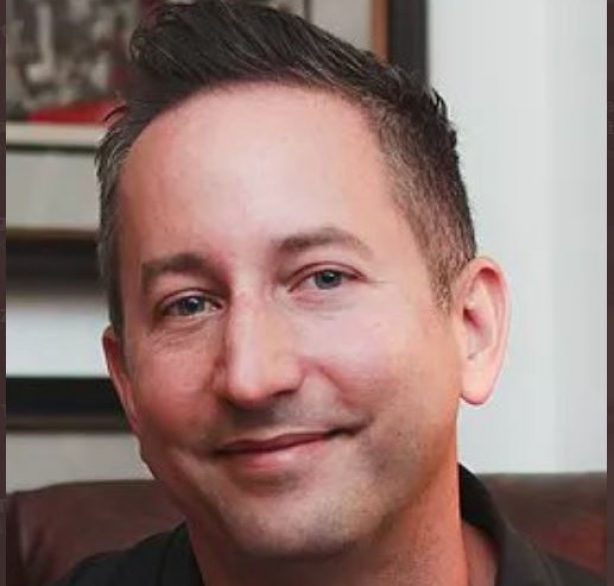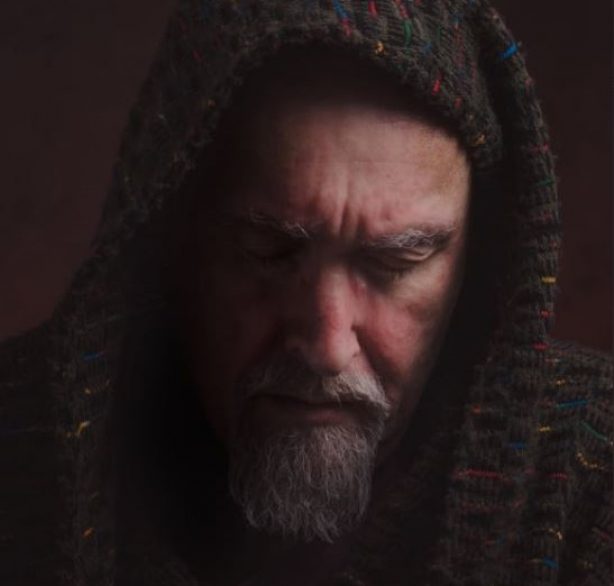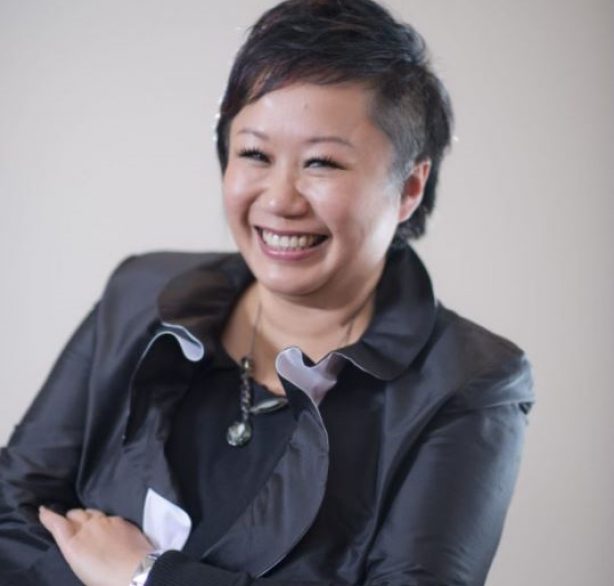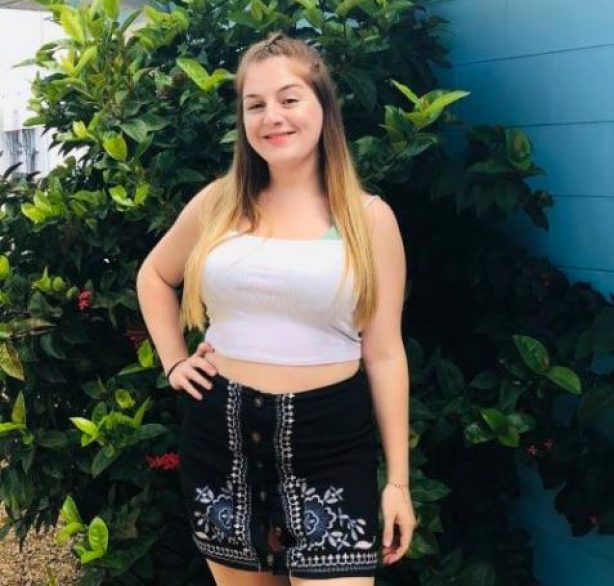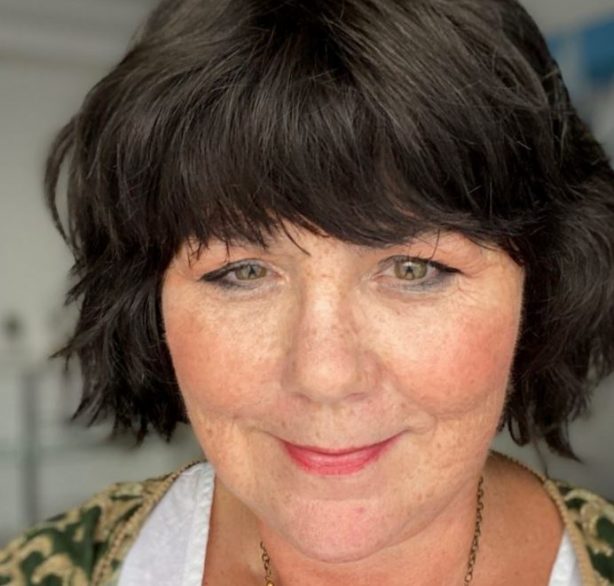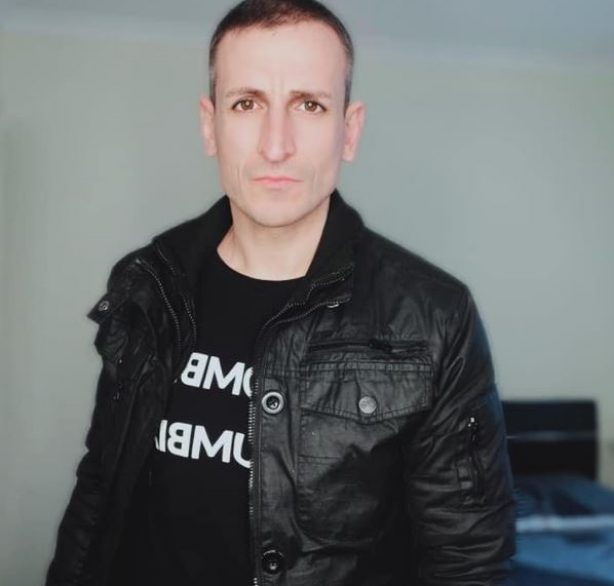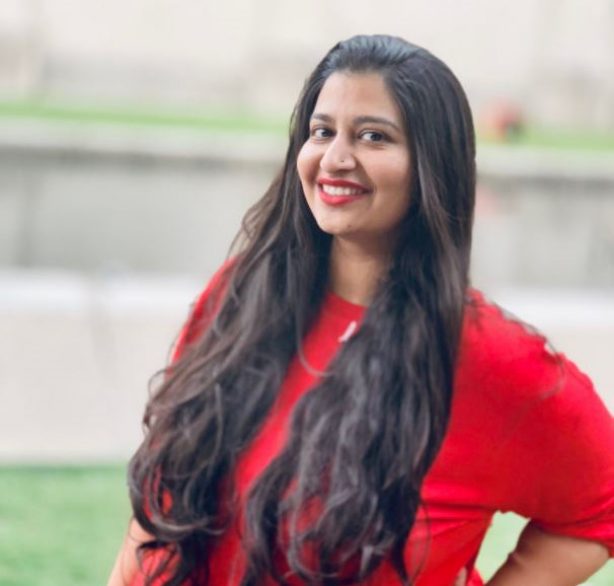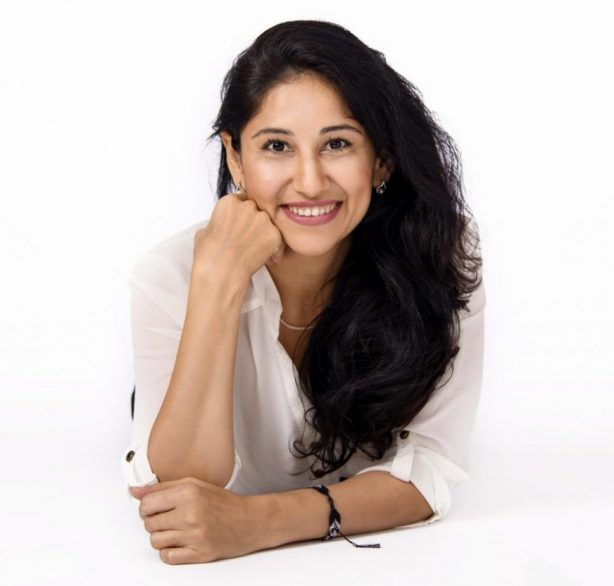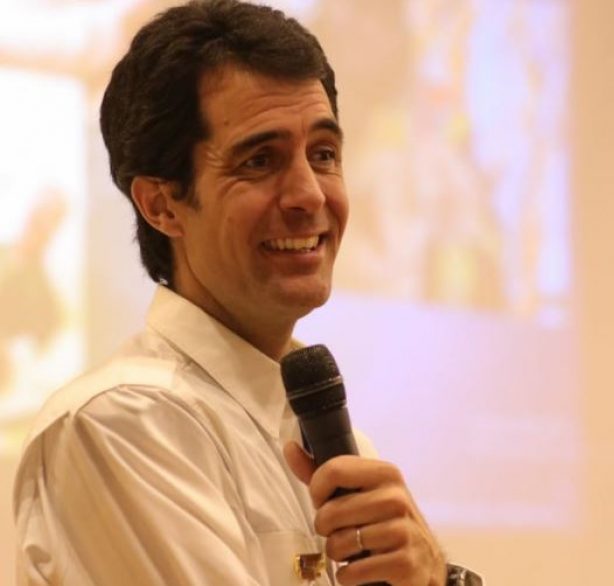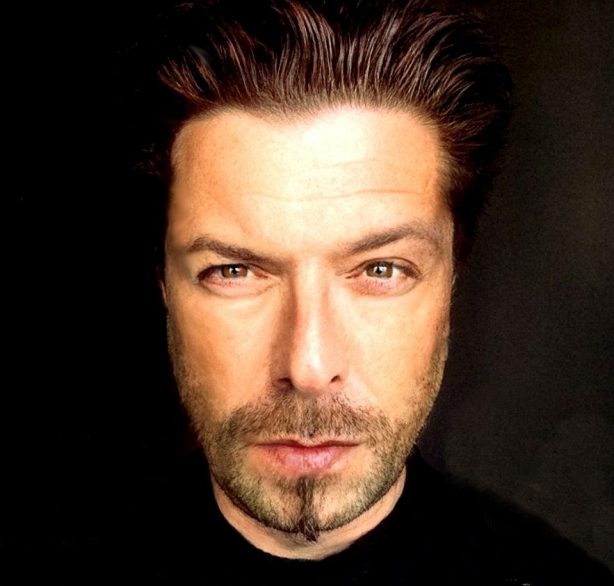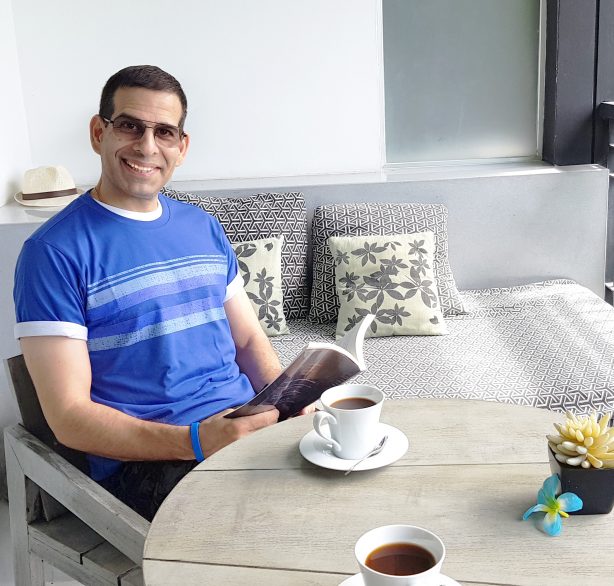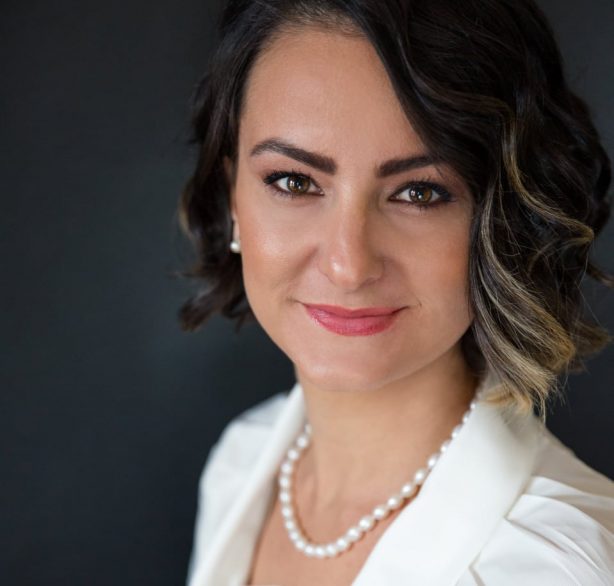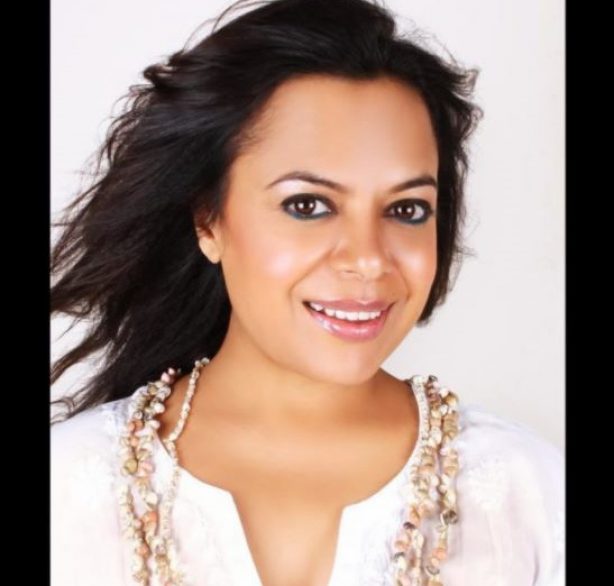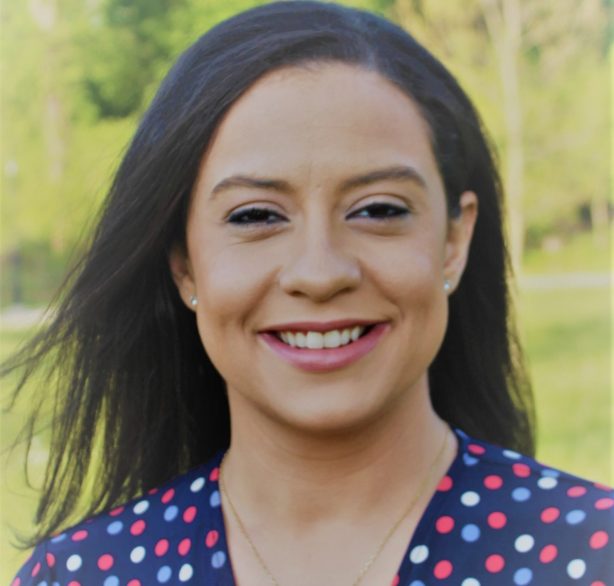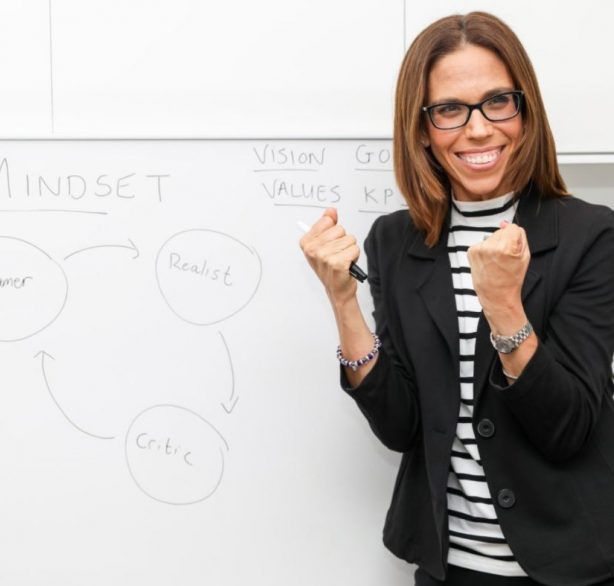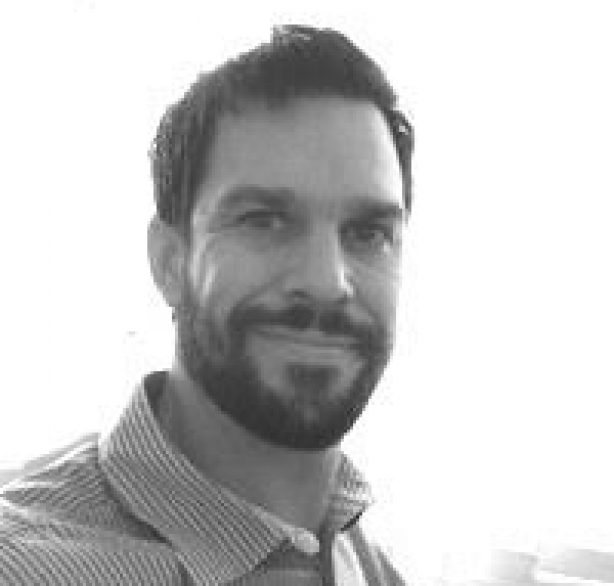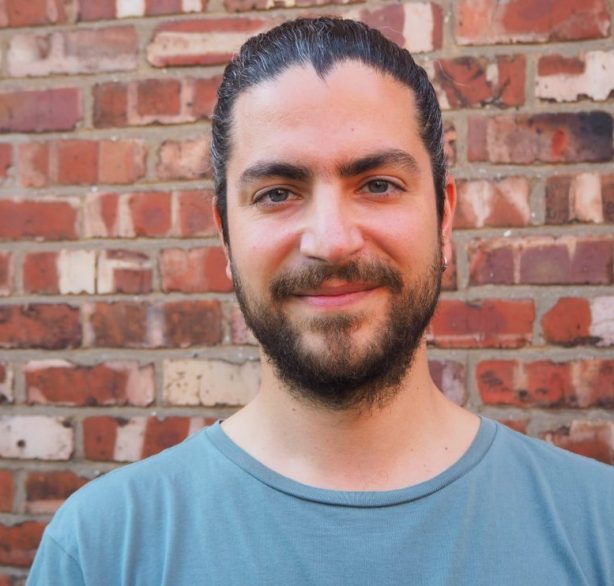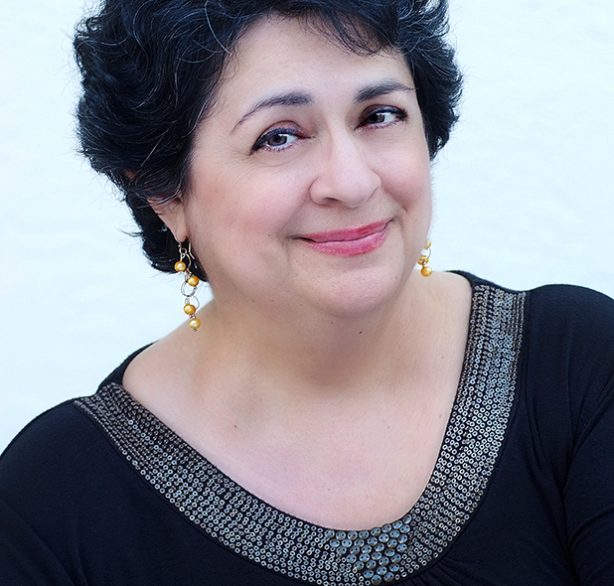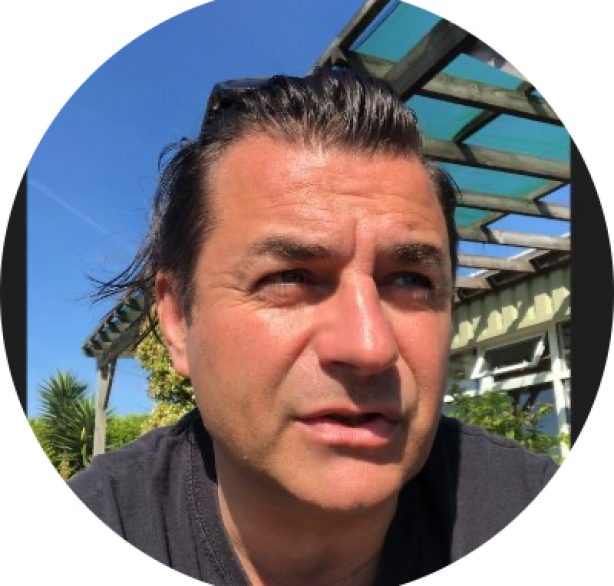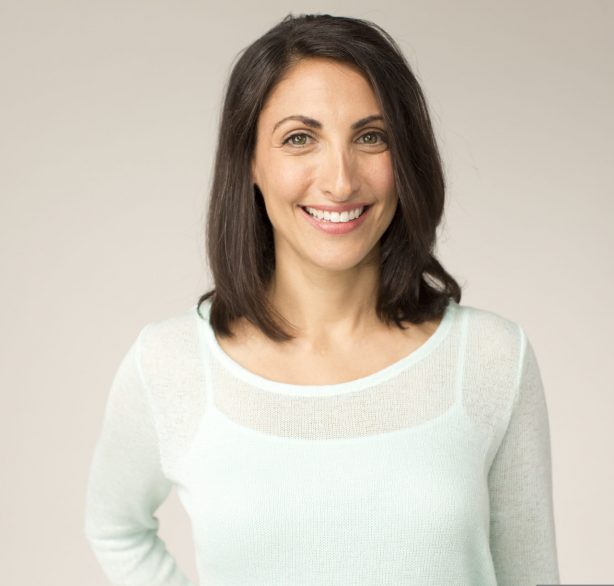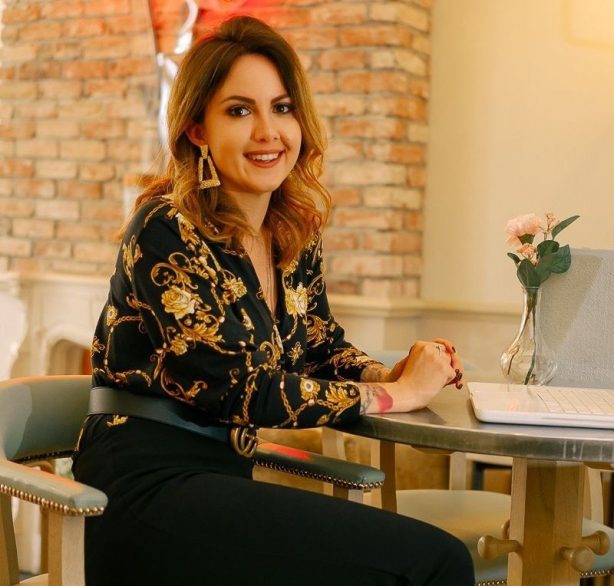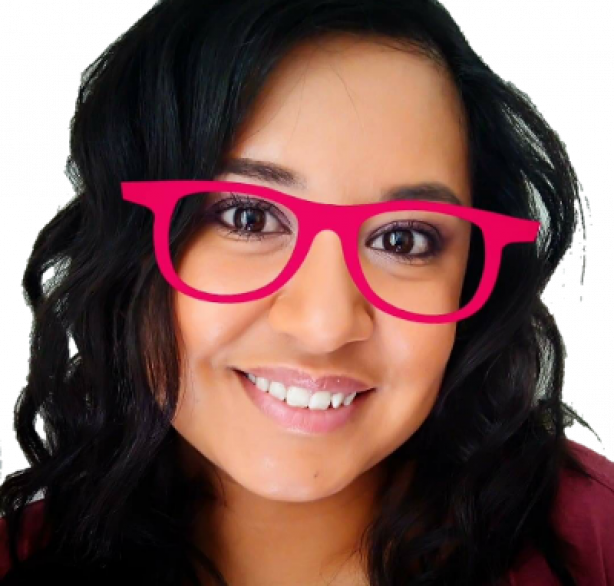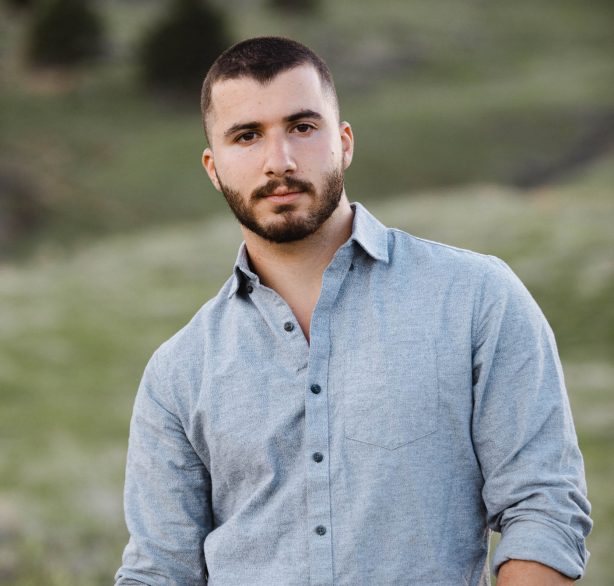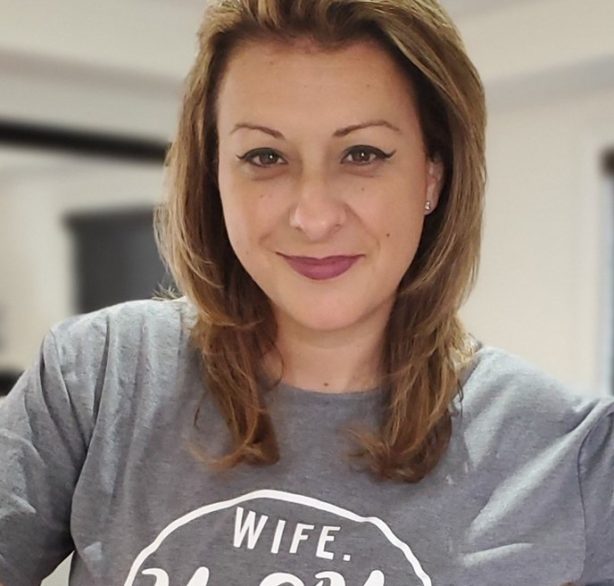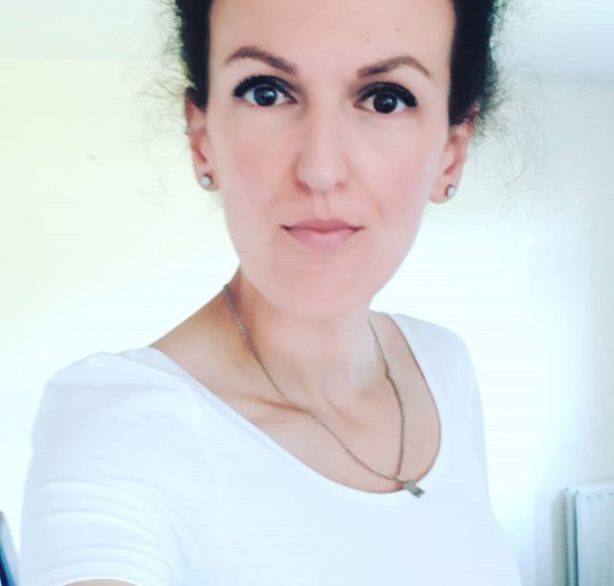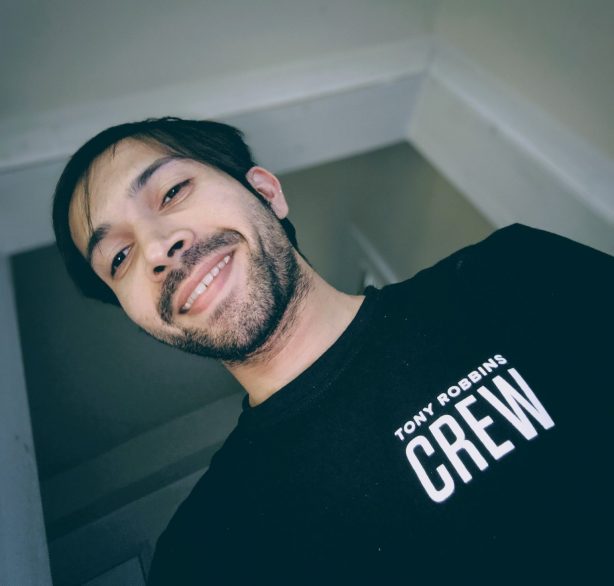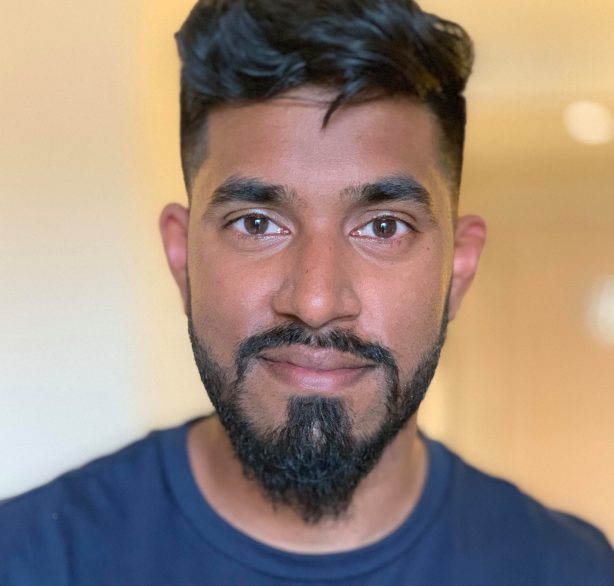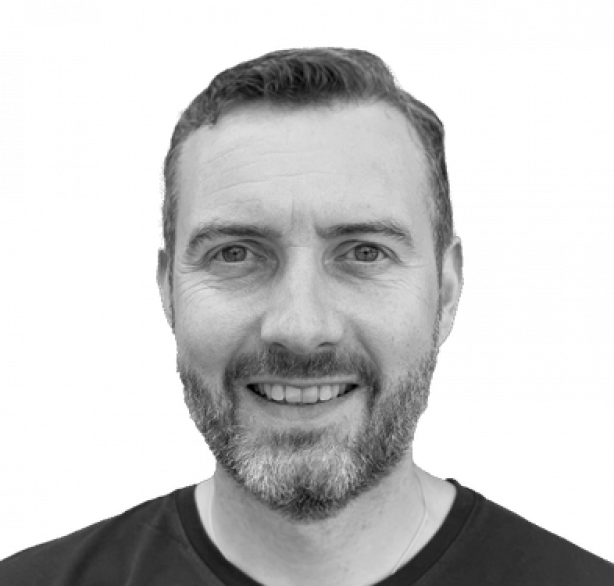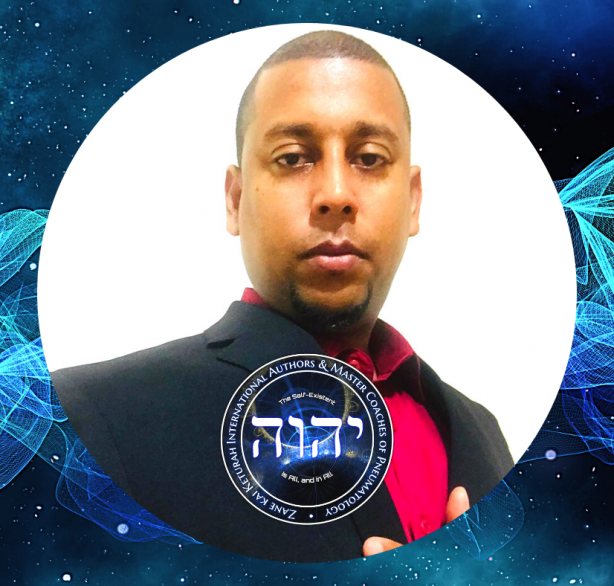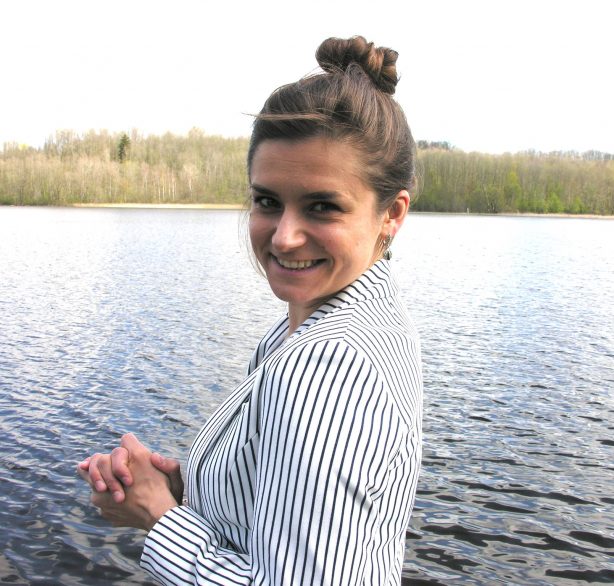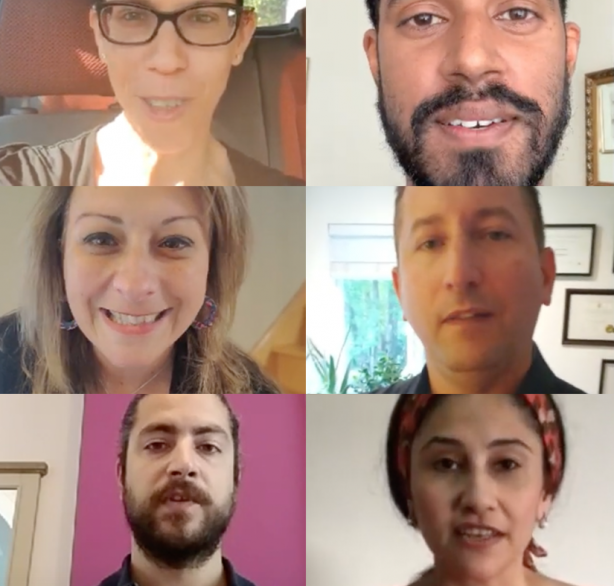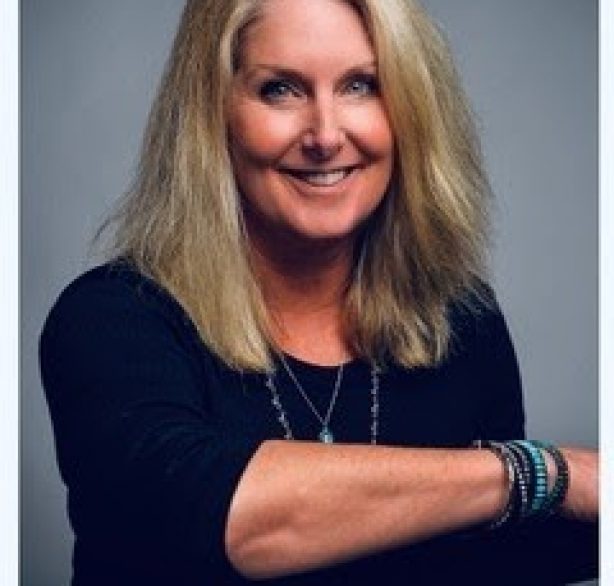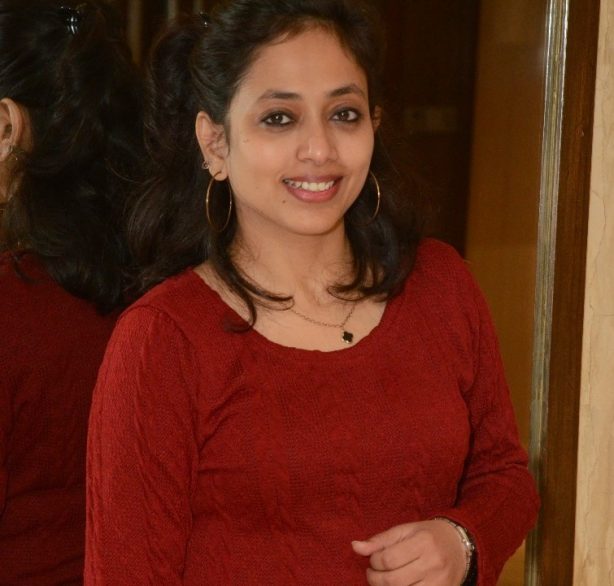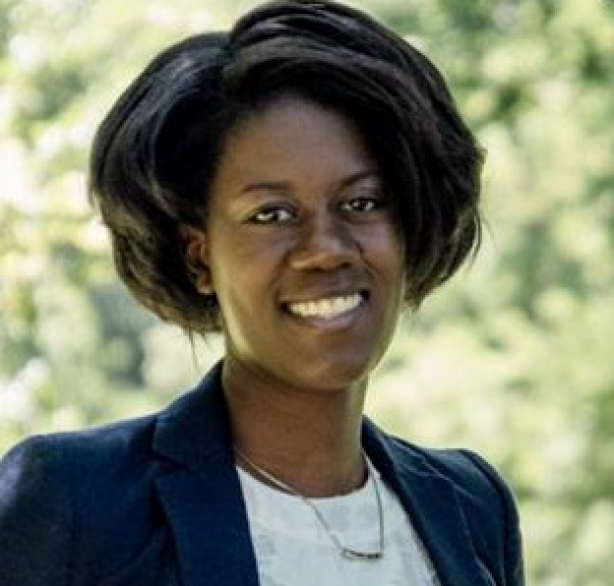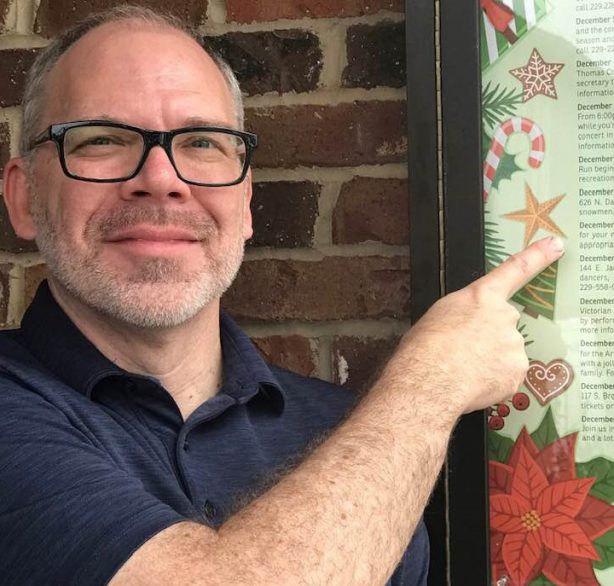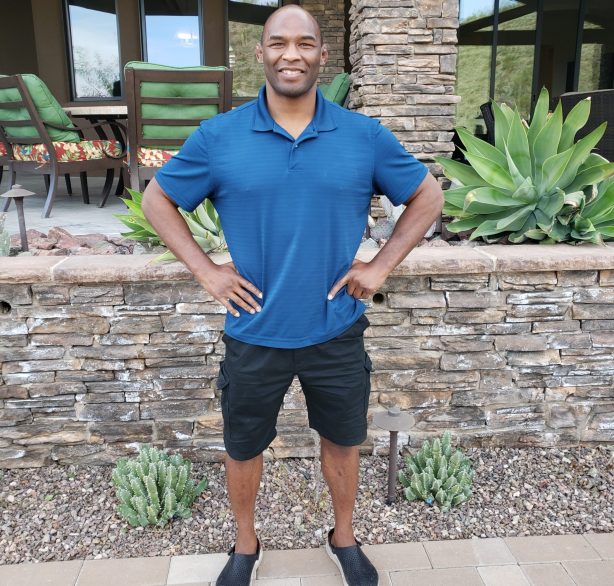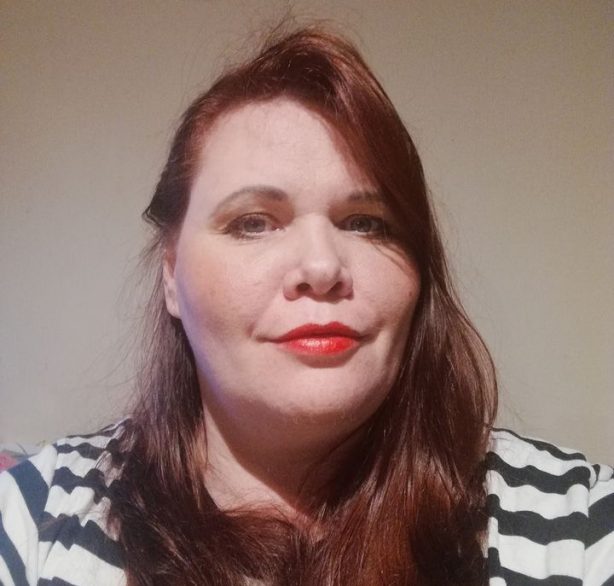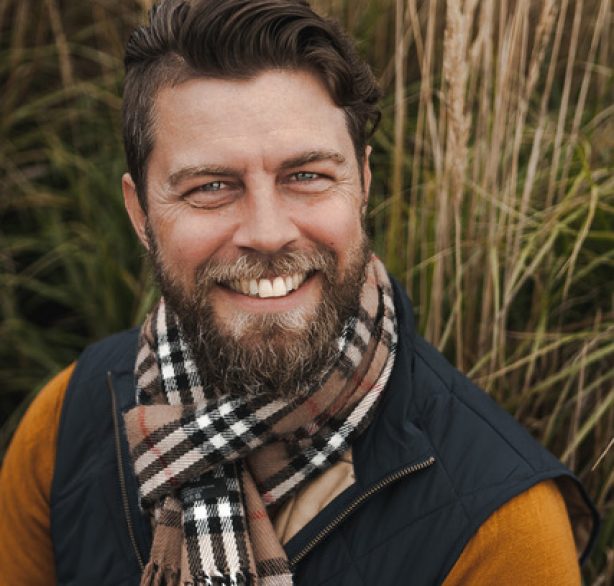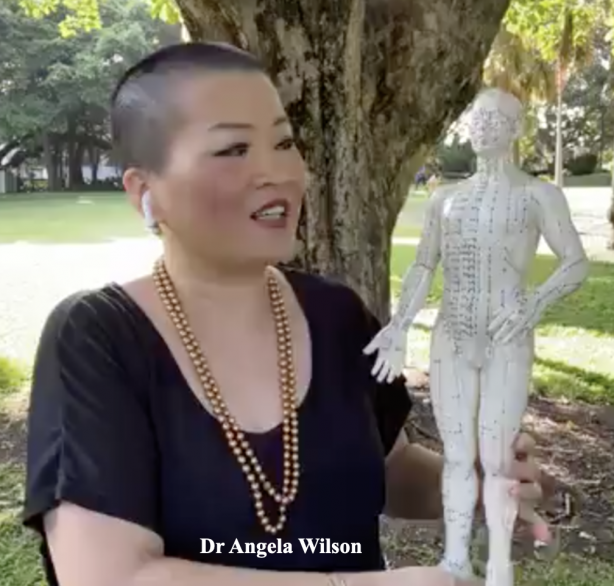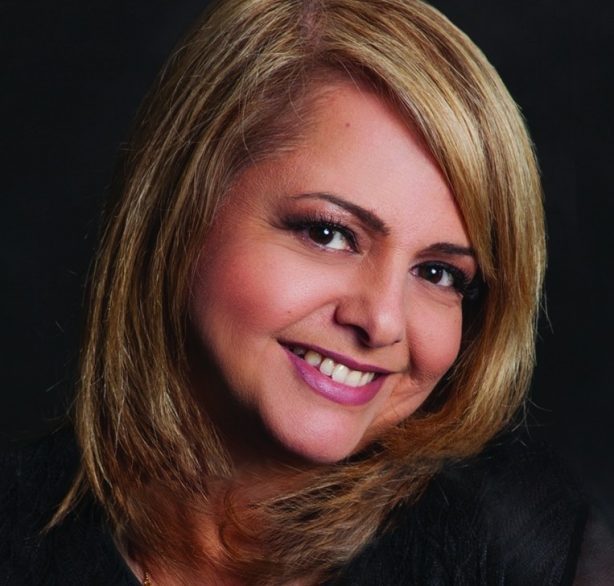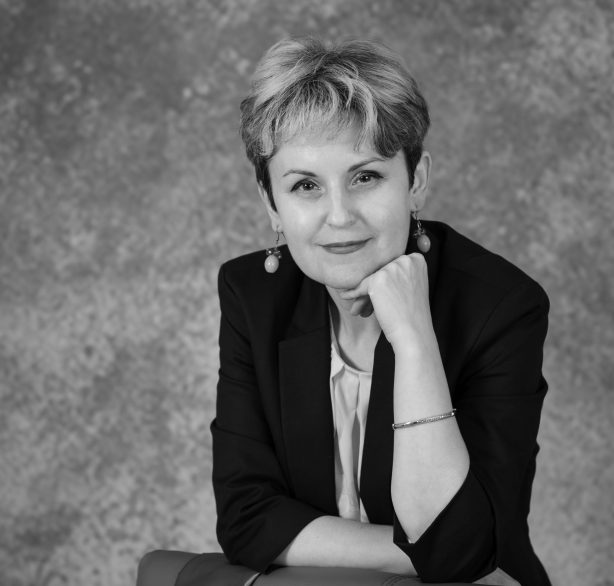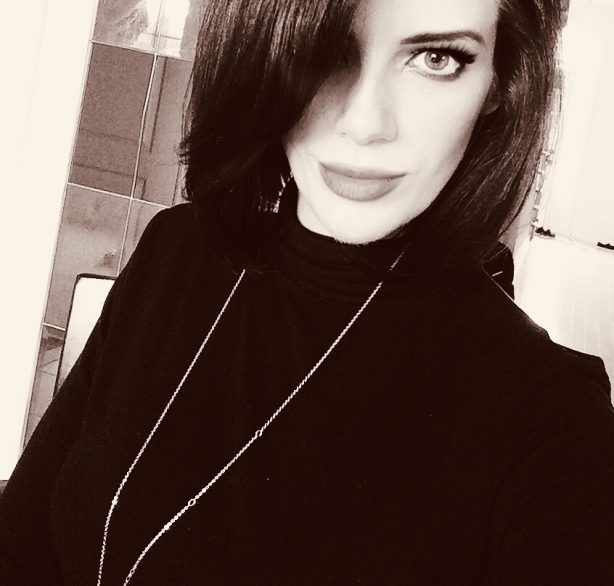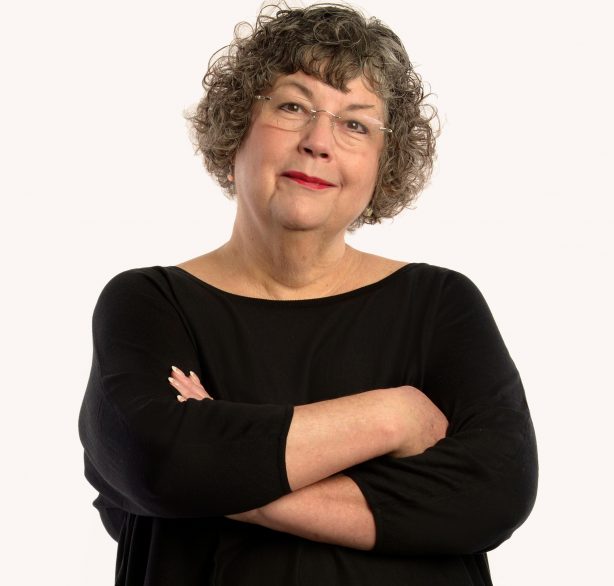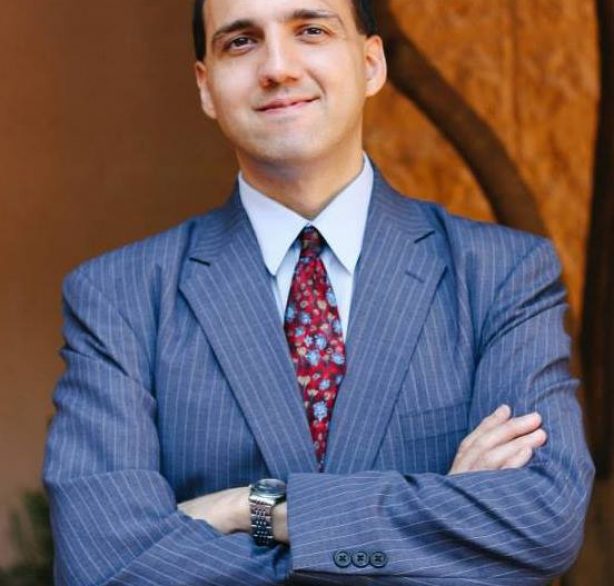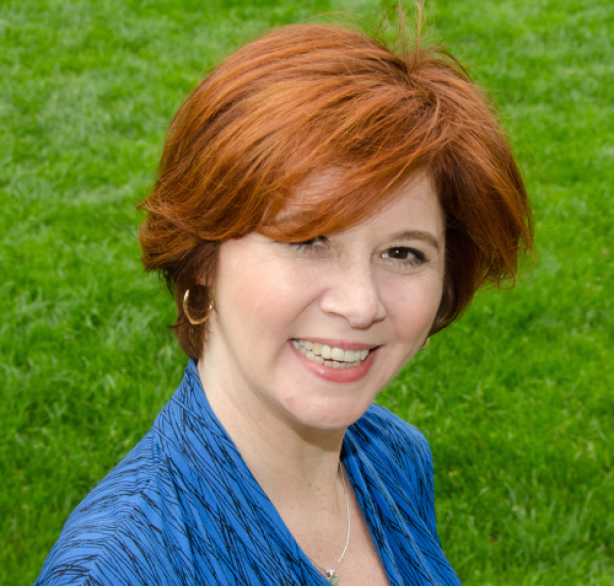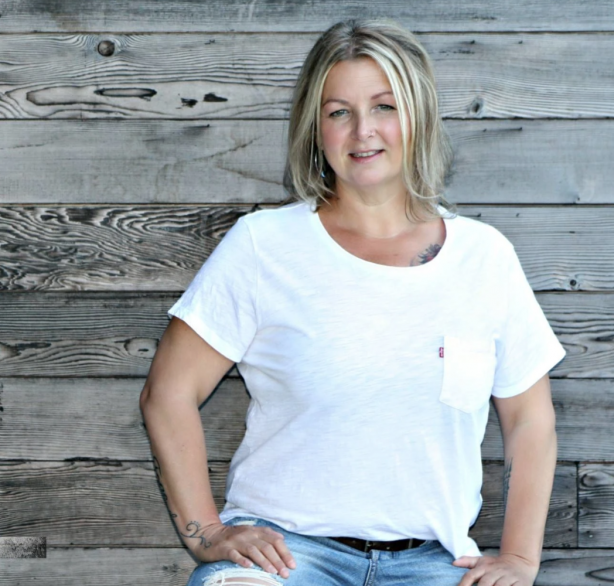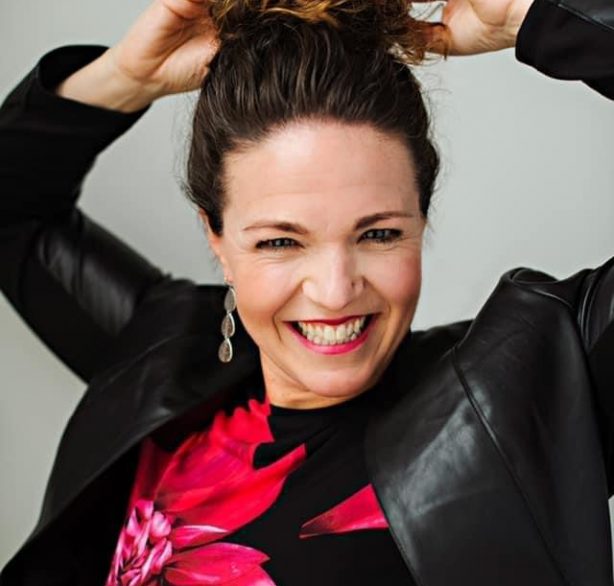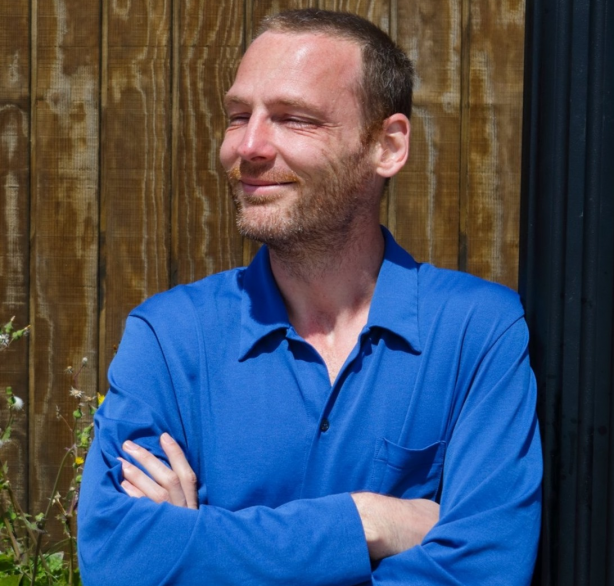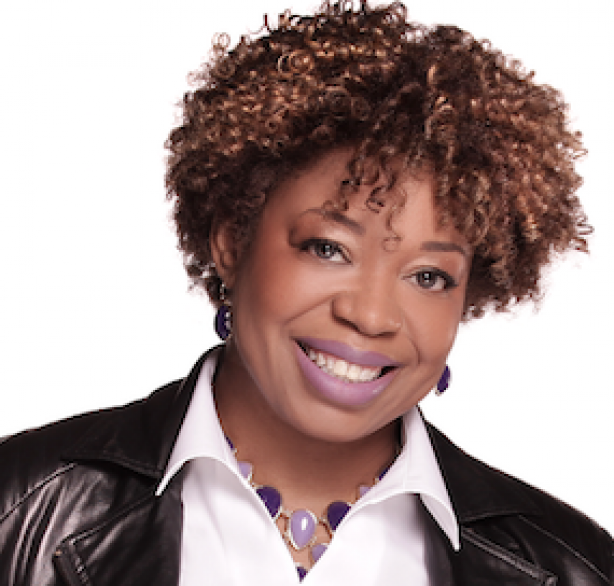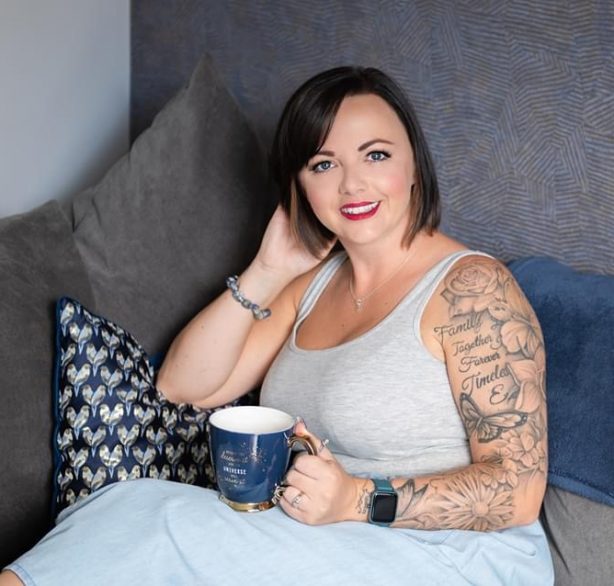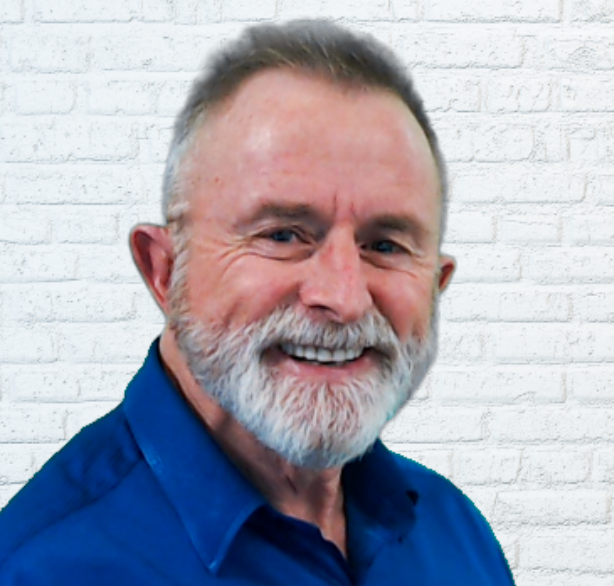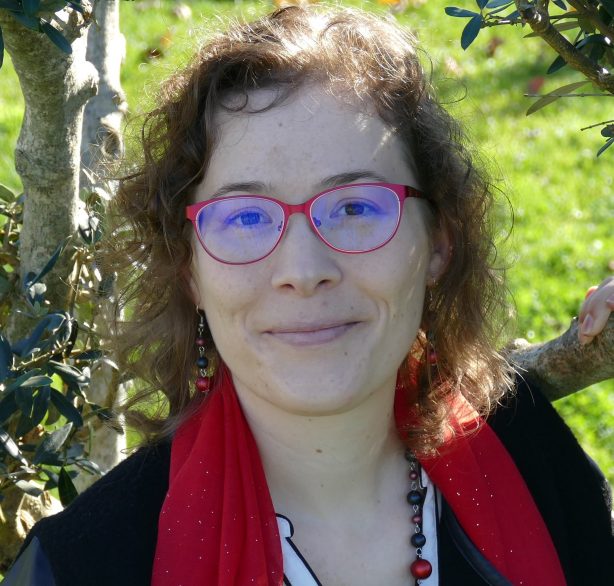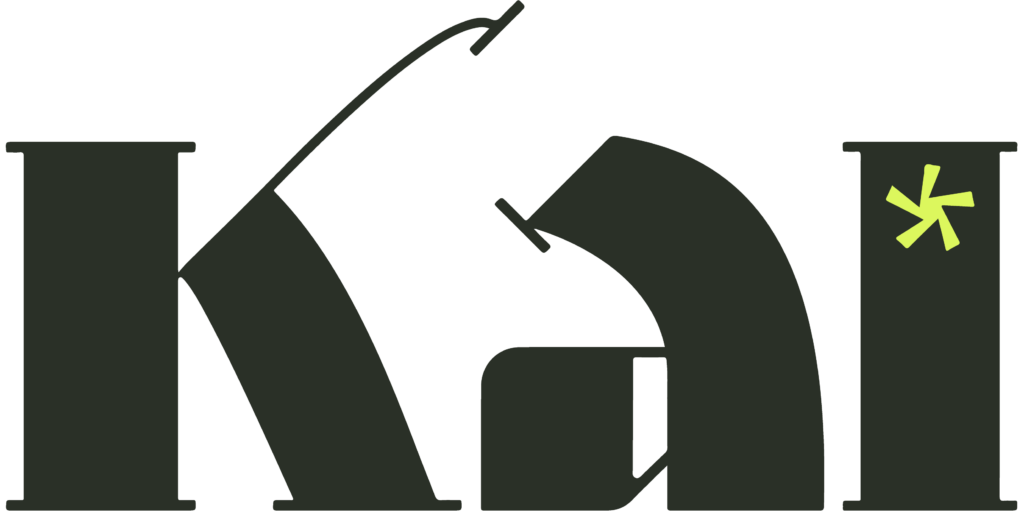Watch the full and inspiring interview with Tina
If you prefer reading, here is the transcribed interview
Ziv: Hey, I’m Ziv Shalev and this is “On the Journey”. Every week “On the Journey” expose the intersections of wellness, spiritual inquiry, mental health, personal growth and purposeful living through the eyes of the people we interview.
Tina, I’d love to hear about your journey over the years.
Tina: Hi, good morning or good afternoon, everyone. I’m so excited to be here today and to share my journey, my life experiences with all of you. So, I am a productivity coach and I am in Canada. And I’ve actually been doing this coaching journey since 2009. So I started on a journey of learning about the laws of attraction, the laws of the universe and how to make them work for me. And then I thought, you know what, I’m going to turn this into a coaching business.
So I found a company that taught me about how to use the laws of the universe in a positive way and how to build a coaching company at the same time. And so that’s how I started my journey. So I actually got certified with the Quantum Success Coaching Academy back in 2009. And at first I thought I was going to do one-on-one coaching, helping one person at a time to achieve their goals and strive for more. And then I got the opportunity to do group coaching. And so I started getting people signing up for these group coaching. And the first one that I did, I had 50 people sign up for it.
Ziv: Wow
Tina: Yeah. And it was really it was amazing because I’m like, oh my goodness. I could talk to many people about achieving goals and about being positive and about future visioning. And at first, I thought it was just a one time thing and then it became a monthly thing. So that is how that’s how I got started in the coaching business and helping people.
Ziv: That’s great. So it’s really interesting… You mentioned that on one hand, the ‘laws of the universe’ sounds to me like a huge, complicated thing. And then productivity, which sounds to me like a very detailed list of to dos. And how do they interact? How do they connect?
Tina: Well, the laws of the universe are basically the law of attraction, the law of deliberate creation, the law of allowing. So, when you master those fundamental ways of thinking, you’re able to achieve so much more and so much faster, right?
So if you’re starting to think like I want to attract this in my life, positive or negative, it will start coming to you a lot quicker, right? But if you start putting some deliberate thought and some deliberate actions into what it is that you want to achieve systematically, then you start really checking off that list to say, ‘Okay, you know what, I want to start attracting the right relationships.’ ‘I want to start attracting the right people into my life.’ ‘I want to start attracting the right career or the right business’. And then you start working towards action items, right? And so that is how we, that’s how I put it all together, basically.
Ziv: So, on one hand, we have something like mindset or tune ourselves to the right things that we think are right for us. And then we take it down into specific goals to achieve those things.
Tina: Absolutely. So, what I do with my clients is I do it’s called a circle of life balancing act. So, I asked my clients to assess themselves on a scale of 1 to 10 how they are emotionally, mentally, physically, and spiritually. So, the four quadrants of life. And then I ask them to fill in for other areas of their life that they want to focus on. And so usually the ones that they score the lowest on are the ones that we tend to focus on the most. And 9 out of 10 times, I got to tell you, mental, emotional, physical are always top three. So, if we start there, right, I actually start breaking it down into a work breakdown structure by category.
And then with my clients, we start putting down what the action items are that they are going to commit to in order to improve their state of mind, their state of emotional balance. There is what they want to achieve in their physical balance, life and so on and so forth. And then from there, I kind of manage it like a project manager too. So, holding people accountable, making sure that we’re on the right track and achieving the right goals.
Ziv: It sounds really interesting and in a way, can you give us a very specific example, because it makes recreating goals and then you follow up and we see that we actually do them and it should work. And for most of us, usually it doesn’t work because you don’t go through it, something breaks in the middle. So maybe you can give us a specific example and show it works all the time.
Tina: Yeah, definitely. So, I’ll share something personal with what happened to me, so there’s been a few times in my life where I haven’t been stable, mentally stable, and where I’ve gotten into a depression. And the most recent one was about a year and a half ago. And I have two children, so after I went back to work with my second child, my self-confidence was very low because I was going back to a job that I wasn’t 100% sure about. And so entering the workforce after a whole year, not knowing what I was going back to, there was a lot of uncertainty. So, my self-esteem, my self-confidence was low.
So that was in June then in August, I lost someone very close to me tragically, and then in September. So that tragedy was a car accident of a 12-year-old girl. And then in September, I lost a friend, a good friend who took her life at the age of 29. And she had a nine-month-old baby. And so here I was already feeling low, feeling down and then add on the tragedies and I didn’t even realize I was in such a bad mental space. And then so that was September. Then one day in January, my boss, he asked me, he’s like, “how are you doing today?” And I just I lost it.
I had a mental breakdown. And I kind of scared him a little bit because it was not what he was expecting. But I guess I had reached my boiling point. I had reached the point where I couldn’t handle anything anymore at that point. And so that was my pivotal moment of identifying that I wasn’t well, mentally, emotionally, physically, even in my career, like even being a wife or being a mom, I was kind of on autopilot, you know what I mean?
And so from that moment then I had to look inward. So I took some time off and I did some mental soul searching where I did this kind of work on myself. And I usually do this once a quarter. So every quarter I reassess myself. And when I was in my worst, my darkest moments, I wasn’t taking care of myself. So I forgot about me. I wasn’t concentrating on me. So I had to get back to doing the activities that mentally and emotionally and physically and spiritually benefited me. So I started doing this evaluation on myself and then I started writing down what are some things that I can do now that can get me into a better mental state, emotional state, a physical state.
So, for my self-esteem, I’ll just give you some examples. I started telling myself something positive about myself every day. So positive affirmations was one thing and I would put them on my mirror. So that’s the first thing. As I’m brushing my teeth, I’m like looking at these positive statements on my mirror about me. I would write down things that I was grateful for. So, every day, and I do this with my girls too. My daughters are 6 and 3. So we wake up in the morning and we’re like, what are you grateful for today? And they’re like, ‘Oh, I’m grateful for my toys and I’m grateful for my food.’ So little things, it’s all about the little things.
Another thing that I do is take a trip down memory lane to help myself remember the good times and feel what it’s like to have happy moments in my life. So those are just some examples of how I helped with my mental state. my physical state, I said, ‘you know what, I’m going to dance around.’ I’m going to start getting my energy up, doing meditation, doing yoga. So just getting back to things that benefited me.
Ziv: Wow, that’s amazing. And, you know you went through what I would say too many, too many challenges, too fast and in a way like, most people, they go down, then there is like a moment where you decide and I know you’ve decided to accurate word, but you decide to do something about it or and for some, they don’t. Even more time passes on… what’s the difference?
Like, so many people go through so many difficult times. And for some, it’s an opportunity for growth. Some take the opportunity and grow from it and others don’t. What is this button that you push, inside yourself and you start climbing on and what makes you do it and compare to others that just continue to or to stay or to go even further down?
Tina: It’s funny how you say it’s a button, right, because it really is you. Like you have to make that decision on whether or not you want to get up and start doing something and changing the way you think and changing the way you feel. So I call it a switch, right.?
So, whether it's a button or a switch in your mind, but you have to ignite that will and that want to want to make a change. It's very difficult and everyone is different. And everyone deals with depression and mental illness differently. Share on XAnd I’ve come to realize that because I’ve even seen it in myself, I had a mental breakdown when I was 16 and I didn’t like the way I felt at that age. I was hospitalized. I had to see a psychiatrist and I was like, whoa, I’m like, ‘I’m too young for this.’ And, you know, and so when I experienced it at a young age, I experienced it again in my 20s and then in my 30s and then in my 40s. But every time that I did experience it, my time in that state of depression or mental illness was shorter and shorter because I would recognize it and I recognized that I didn’t like where I was.
So, some people are just not able to tap into that part of their brain to say, you know what, I don’t like where I am. Or is it your subconscious mind that is keeping you in that zone because it’s comfortable, because it becomes the norm for some people. So, if you’re not mentally aware that you’re in this state and if you’re not mentally aware that you want to make a change, then some people can stay there.
And as you know, we’re a product of our environment. So, if there’s people around us that see that we’re not well. And if they know how to address these concerns with you, then some people can take you out of it or some people can make you think or some people will say something or do something for the switch to go off. For my case back in January, my switch was just someone asking me, how are you doing today? Something so simple. So but for others, it’s something they see or it’s used in your five senses, something you hear. So it’s very different for everyone. Does that make sense?
Ziv: Totally. I can’t agree more and you know, when you talked, a thought came to me that climbing up the mountain back to where we want to be is very, very difficult but sometimes deciding that that’s what we want to be is even more difficult. So we know that there are so many ways to make us feel better. Like you said, it’s a physical activity and yoga and meditation and all kinds of approaches that so many people do, and we know it’s there and we know it can help us, it’s not easy, it’s difficult, but we know it can help us.
And yet to take this decision to say, ‘okay, I’m going to climb it,’ sometimes even more difficult, we did this sometimes, external push. It can be simple or less simple. And then we’re climbing and each of us can climb on a different mountain and to a different distance. Yeah, but sometimes we need someone just to ask us, ‘how are you doing?’ Which is amazing.
Tina: It’s something so simple, it’s something that we do all the time, but we take things for granted. We don’t realize what other people are going through. So that’s why it’s important to take a moment and reach out to different people, especially I found during this pandemic, the human connection was lost. So, we had to make even more of an effort to reach out to the people that we loved.
We have to make an effort to make a call or make a zoom, book a meeting, you know, because it was so important that we continued with the connection with the human connection. Just checking in on people, you know, even if it’s just a text, say, ‘hey, I’m thinking about you’ or ‘do you need to talk?’ or ‘do you need to laugh or do you need to cry? Like whatever you need? I’m here for you right now. So that’s why it is so important.
And before COVID, I was doing a lot of in-person presentations. I was working with moms and kids on goal setting activities. And then my husband is like, you got to go virtual. And so when I went virtual, I started doing these daily videos on Instagram and Facebook, and that’s how I started connecting with people. I was sharing my stories like I’m sharing today. People like, ‘Oh, you went through that?’ ‘Oh, yeah.’ So it’s amazing if you just talk to people, just reach out, see how everyone’s doing. Share your story and then it opens up the gates for them to share their stories.
Ziv: I think what many people don’t realize is that everyone goes through pain in some way or another at some period of their lives or another someone is capable of being vulnerable and to share it and say, oh, she’s like this powerful woman as well.
She went through things and then, okay, so my pain is I’m not alone. There are others that feel that pain. And more than that, I could hope. Okay, so other people experience pain and other people climb through the pain and struggle daily. And it’s comforting to know that are not alone in our private pain. So it’s really helpful. Tina, thank you so much for this interview for being open, vulnerable, so powerful.
Tina: Oh, it was it was really my pleasure. I’m so happy that you reached out to me to do this interview. And again, if I can help even just one person every day, I know that they’re not alone. I know that I’ve accomplished something. And to all your listeners, if they reach out to me, I would be so happy to meet with them and chat with them for free. Just, you know, let me know what you’re thinking or if you want to embark on a different journey. I’m here to help or if they’re having a hard time balancing their work and their life and their kids. I have a 7-step program that I’d be happy to share with your listeners as well.
Ziv: Yeah, that’s so kind of you. Thank you. Absolutely. Have a wonderful day. And thank you.
Who are you?
Tina Collura helps women who are struggle with working long hours, missing out on precious moments with their families and who are always putting themselves last. She helps these women take back their lives and regain 10 days a year for enjoying the finer things in life with the people they love the most!
Tina created See Yourself Grow in 2009. Since beginning her coaching company she has embarked on many different paths, such as motivational speaking to adults, kids and to corporate teams. She has been featured at the Toronto District School Board as a Continuing Education Expert, she runs parent and student Vision Board Seminars and has coached thousands of people to achieving high levels of success with my 7 step program!
She works for a financial institution for 20 years now.
She is a Senior Manager on their Talent Development Team and she has won numerous Leadership and TOP Sales awards.
All while raising 2 daughters, running a coaching business and being happily unmarried for 16 years!
DISCOVER MORE ABOUT TINA ON HIS WEBSITE, FACEBOOK, OR LINKEDIN
